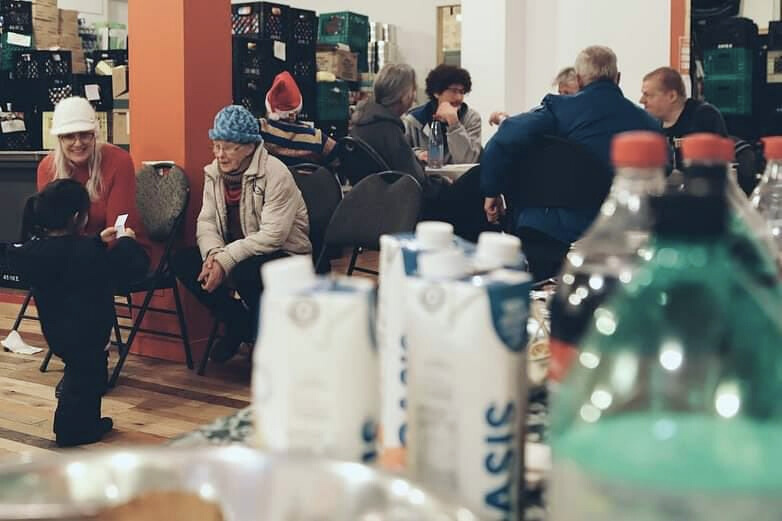About the Southwest
A story of resilience

When the Lachine Canal was inaugurated in 1825, it provided the means of transport and hydraulic power which transformed South-West Montreal into an industrial hub in Canada. This led to the growth of many working-class neighborhoods.
Although work was plentiful, factory workers faced harsh working conditions and low wages. With the closure of the Lachine Canal in 1970, workers found themselves out of work, leading to persistent poverty in the region. This heritage still affects Montreal's South-Western neighborhoods, such as Saint-Henri, Little Burgundy and Pointe-St-Charles.
Since 2002, the canal has been transformed into a recreational zone, attracting new businesses and bringing about economic and social renewal. Former abandoned factories have been converted into condominiums and lofts to house highly educated professionals. The character of the community has changed from its working-class origins, and now features a middle and upper-class atmosphere, with numerous cafés, restaurants and souvenir stores lining the streets.
OUR CHALLENGES
Facing our community
Financial Needs
Factory closures continue to impact Montreal's southwest, where many households are still struggling to earn an adequate income. Some families have been on welfare for generations. As the neighborhood gentrifies, the cost of living rises beyond the means of many long-time residents.
To compound these difficulties, Montreal has not been spared the overall rise in global inflation since 2021. Prices have risen in almost every area of life, from fuel to groceries. Some people on welfare or on low incomes find themselves unable to buy enough food for themselves and their families.
Social needs
Gentrification has not only exacerbated poverty, it has also marginalized the area's poor. They no longer feel the same sense of belonging to their neighbourhoods as they once did. Programs are needed to create a sense of inclusion and help those struggling to improve their quality of life.
Facing our organization
We need food
As we work to help vulnerable people in southwest Montreal, one of our top priorities is to give them access to fresh, healthy food. We know that nutritious food is essential for a productive life. Without food donations, we wouldn't be able to feed more than 50 households a week as we do now. However, there are still more people in need who are not yet receiving our help. The more food donations we receive, the more mouths our food bank can feed, including many children, the elderly and the mentally ill.
We accept donations of fruit, vegetables, dairy products, meat, packaged foods and bread. We are happy to receive donations as long as they have not passed their sell-by date.
We need funds
All areas of our organization can benefit from funding. This really helps us create an effective food bank that can reach more people in need.
Our organization's expenses include rent, storage, utilities, transportation, office supplies, cleaning services, promotion and more. Financial contributions help us meet these expenses.
Funding also enables us to provide social support through programs and courses. Our classes teach valuable life skills such as nutrition, fitness, self-defence and budgeting. Our main goal is to create an inclusive space where everyone is respected and people can connect. Social support improves our clients' well-being and leads them to self-sufficiency.
We need all kinds of donations
Our organization relies heavily on donations to improve its services. We welcome donations of all kinds, for the food bank or for our special programs.
We also run a thrift store that sells clothing and other items at very low prices. Donations of clean, usable items for our thrift store are always welcome.

